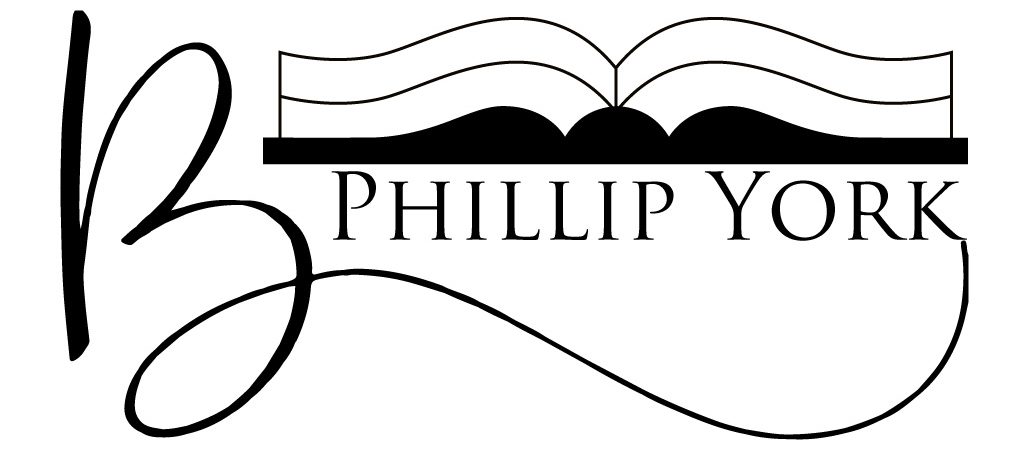The idea that you’ll write a perfect book is simply absurd.
Even so, I’ve seen and heard other writers fret about being criticized. But here’s the thing. You should want criticism. You should crave feedback. You need to hear other’s reactions because your writing doesn’t exist in a vacuum. Writing that exists in a vacuum is a journal.
Writing is, ultimately, a collaborative act. It exists in the bridge between the writer and the readers, in the creation of thought in the readers’ minds. The writer is responsible for the bulk of this process, laying the foundation and planning out the arch, knowing the length of the span and whether it takes pedestrians or cars or trains, or all three. But the reader bears some responsibility as well, to act in good faith, to suspend their disbelief, to read.
You might think if nobody is saying anything bad about your book, if there is no criticism, no reaction, that means it’s good. It might even mean it’s perfect. But let’s be honest. If nobody is reacting if nobody is criticizing, nobody cares; if anyone is even bothering to read it.
if nobody is criticizing, nobody cares
There’s also a dirty (not so) secret of marketing, which is that controversy often generates buzz, and interest, and readership. Many people posit that part of the success of the recent release of the Joker movie was due to controversy surrounding it. I think this is probably the case, especially in a time where people are increasingly polarized in their opinions, eager to demonstrate their naked tribalism, and increasingly informed by the opinion that often their financial and commercial choices are actually an expression of their identity. In other words, going to see a movie is a political act.
I’m not going to get into the Joker movie, and whether it was good or bad or mixed, but it’s a perfect model for how a movie marketed itself through controversy and helped fans to identify with the movie, including many who probably would’ve never heard of it, except that the people they were against, were against the movie. So it rapidly became a case of “the enemy of my enemy is my friend”. But it’s actually quite difficult for a movie to be anyone’s enemy since it’s a piece of art or naked commercialism, but in any case, it’s a profit-seeking enterprise.
This isn’t to advocate for people simply seeking controversy. Personally I think that is not particularly artistic, and extremely personally I simply don’t have the constitution or inclination to be a professional provocateur, and I think it’s difficult to do so through writing. And many so-called “provocateurs” are simply racists or misogynists masquerading as satirists or humorists.
You ought not to seek controversy for its own sake, but you also shouldn’t obliterate your artistic pretensions or aims or not write something you want to write simply because it might be controversial or be criticized.
The bottom line is if you write something and you get criticized, that means someone actually read what you wrote, actually cares, and thinks your work is worth discussing. Even if, ultimately, it ends up in being a teachable moment of how not to do something or how you are wrong, you’ve still accomplished something worthwhile.
Finally, I reflect on the words of Winston Churchill
“You have enemies? Good. That means you’ve stood up for something, sometime in your life.”

